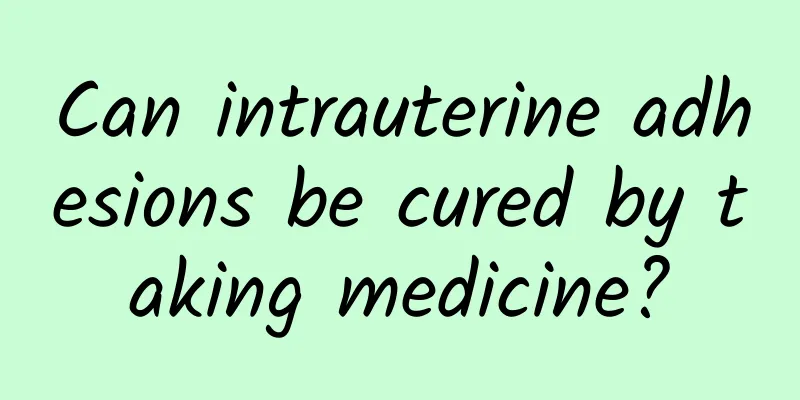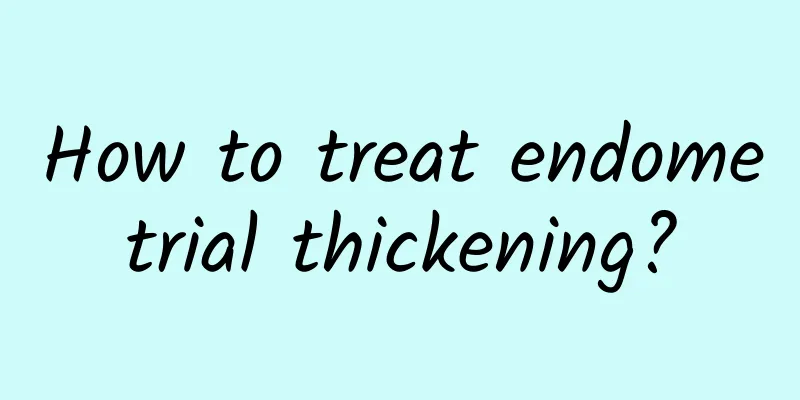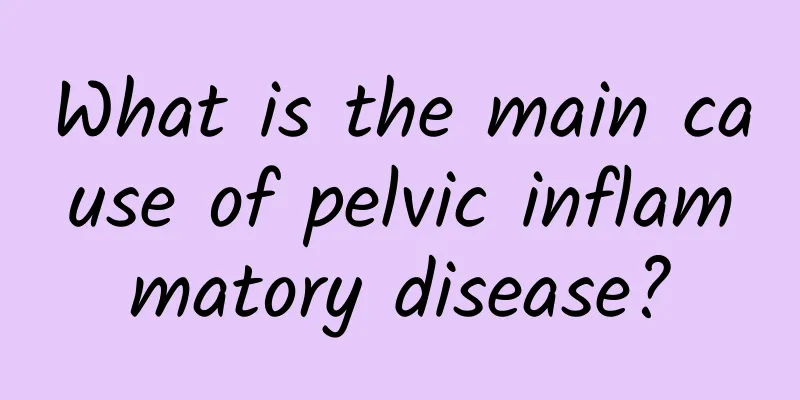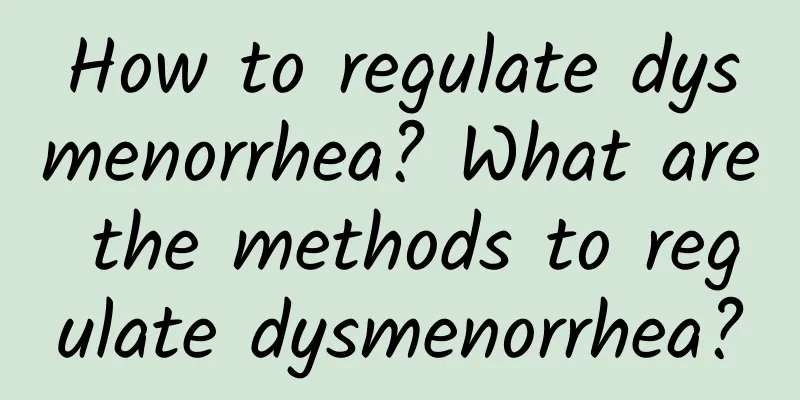Can intrauterine adhesions be cured by taking medicine?

|
Intrauterine adhesions cannot be cured by medication alone and usually require hysteroscopic separation surgery. After surgery, drug therapy is an important auxiliary link. 1. Causes and symptoms of intrauterine adhesions Intrauterine adhesions are caused by damage to the basal layer of the endometrium, leading to adhesions of the uterine wall. Common causes include infection after intrauterine surgery or poor wound healing. Symptoms may include decreased menstrual flow, irregular menstruation or even amenorrhea, as well as infertility. Early detection and treatment are critical. 2. The importance of surgical treatment Drug therapy alone has limited effect on intrauterine adhesions because drugs cannot physically separate the already adhered uterine wall. Hysteroscopic separation surgery can directly release adhesions and provide conditions for subsequent endometrial repair. After surgery, doctors usually recommend drug therapy to support recovery. 3. The role of postoperative drug therapy After surgery, medication can help improve blood circulation in the endometrium and promote its repair. Commonly used medications include Progynova, progesterone, and aspirin. Traditional Chinese medicine is also often used to promote blood circulation and remove blood stasis, reducing the risk of postoperative recurrence. 4. Measures to prevent recurrence In order to prevent the uterine cavity from re-adhesion, an IUD may be placed after surgery. This physical isolation method can effectively reduce the chance of adhesion. At the same time, it is also very important to maintain good living habits and eating habits. 5. Precautions for daily life after surgery During the recovery period after surgery, avoid eating raw, cold and spicy foods to avoid irritating the uterus. Maintain private hygiene and avoid premature sexual intercourse to prevent infection and adhesion recurrence. Follow the doctor's advice and have regular checkups to ensure good recovery. 6. Psychological and emotional support The treatment process for intrauterine adhesions can be psychologically and emotionally demanding. Support from family and friends, and counseling when necessary, can help you cope better with this process. The treatment of intrauterine adhesions requires the dual effects of surgery and medication. Early detection and active treatment can increase the chance of recovery, while good postoperative care and preventive measures can effectively reduce the risk of recurrence. Through scientific treatment and a reasonable lifestyle, patients can better recover their health. |
<<: What causes pelvic effusion?
>>: Will ovarian cysts disappear on their own after menopause? How to treat them?
Recommend
Dump oil after the New Year! Famous weight loss doctor: Look in the waist mirror to lose weight and prevent belly fat
During the Spring Festival, people eat and drink ...
Where exactly does the pain in the stomach occur during an ectopic pregnancy? This article will help you understand
The abdominal pain of ectopic pregnancy is usuall...
Conservative treatment of ovarian cysts in ectopic pregnancy
Ectopic pregnancy and ovarian cysts are two diffe...
What to do if your menstrual flow is too heavy and there are a lot of blood clots?
What should I do if my menstrual flow is too heav...
What to do if the left ovarian cyst is very painful
If you experience severe pain from a left ovarian...
Provincial zongzi hygiene inspection by the Food Administration: 29 failed
The Dragon Boat Festival is just a few days away....
UP your basal metabolic rate and quickly replenish your protein and amino acids
Successful weight loss does not depend on how muc...
New topic of weight loss: African mango seed extract is actually...
Smiling Pharmacist Network has recently written a...
Recommended by major hospitals for threatened abortion surgery
Some women are not in very good health at ordinar...
What are the symptoms of pelvic effusion?
What are the symptoms of pelvic effusion? Pelvic ...
Let me introduce the classification of vulvar leukoplakia
Everyone must be familiar with vulvar leukoplakia...
What should patients with cervical warts eat?
What are the dietary precautions for cervical war...
What are the prevention methods for women suffering from menopause?
Aging and menopause are inseparable, and because ...
Break through the weight loss wall! 4 tips to prevent stagnation and increase muscle endurance through weight training
Eating less and exercising more are the only ways...
What are the symptoms and dangers of ovarian cyst rupture?
What are the symptoms of ovarian cyst rupture? Wh...









